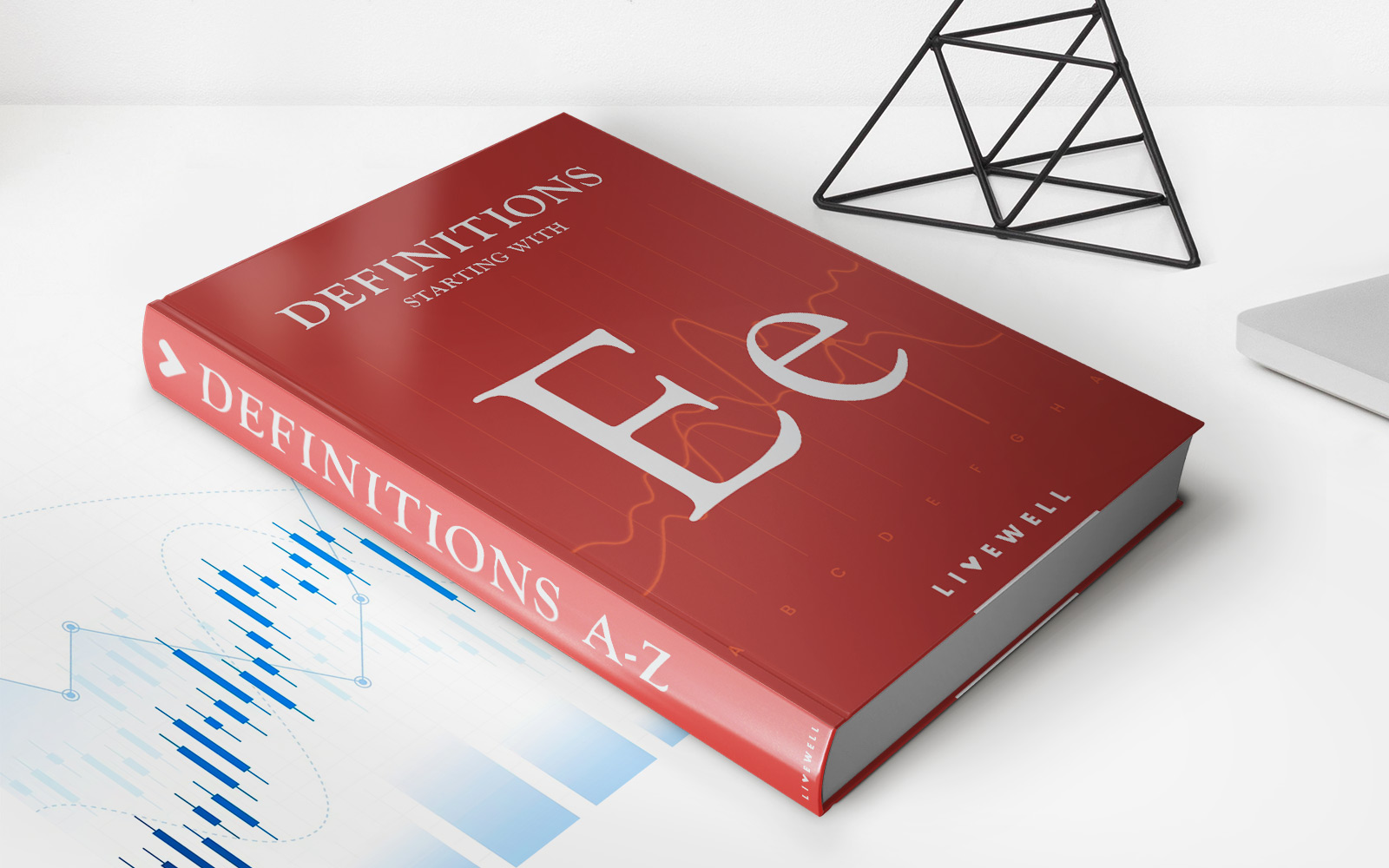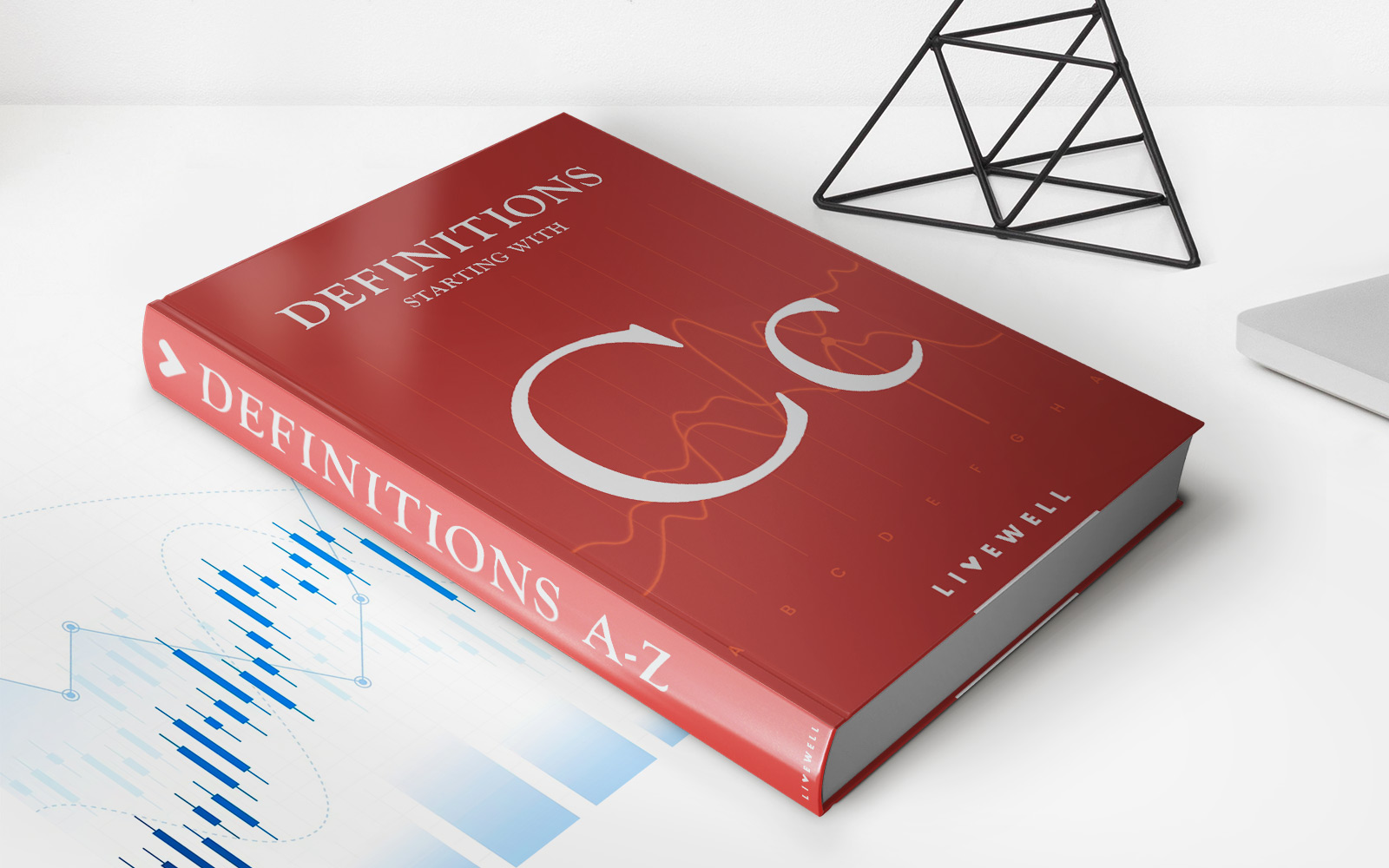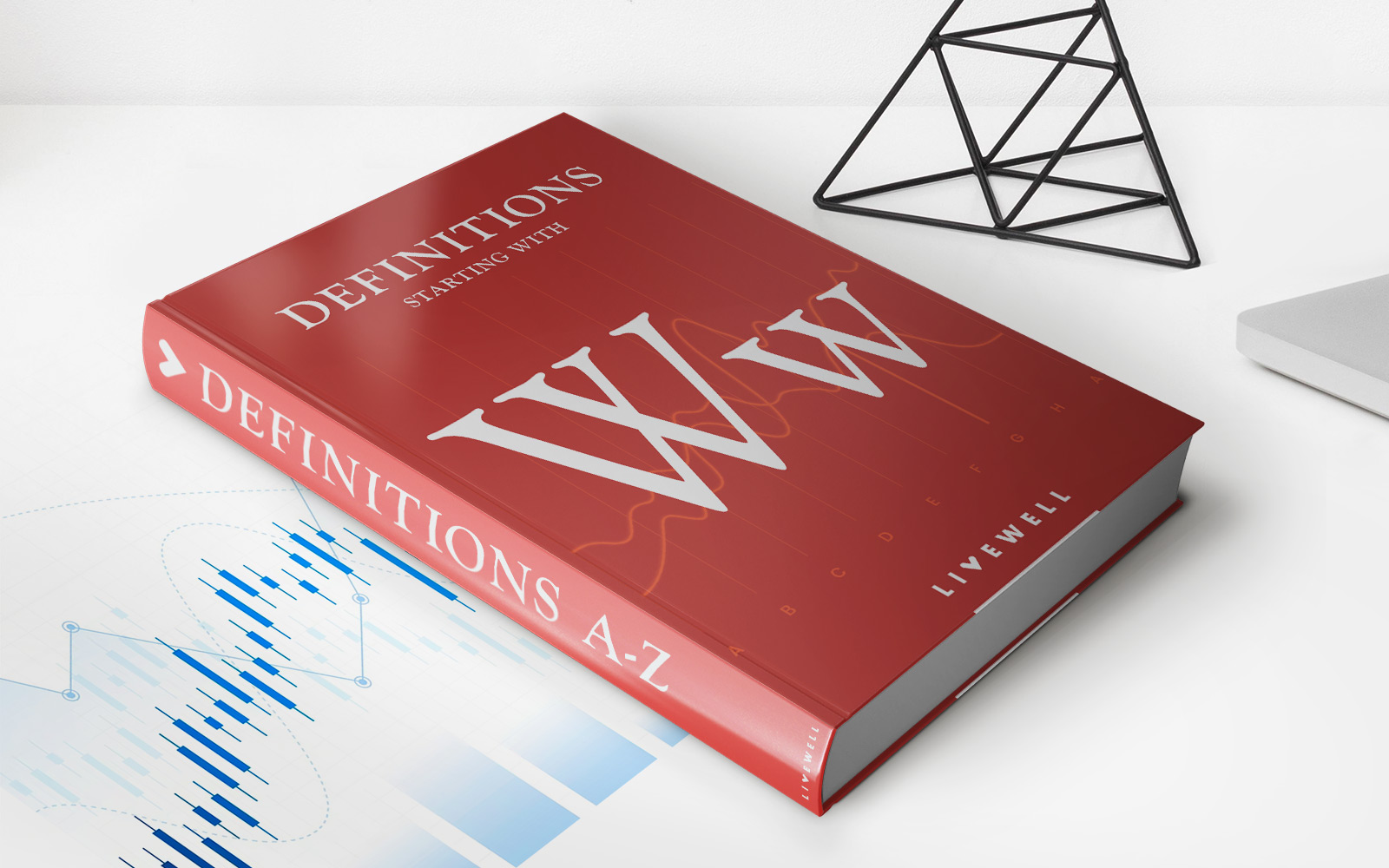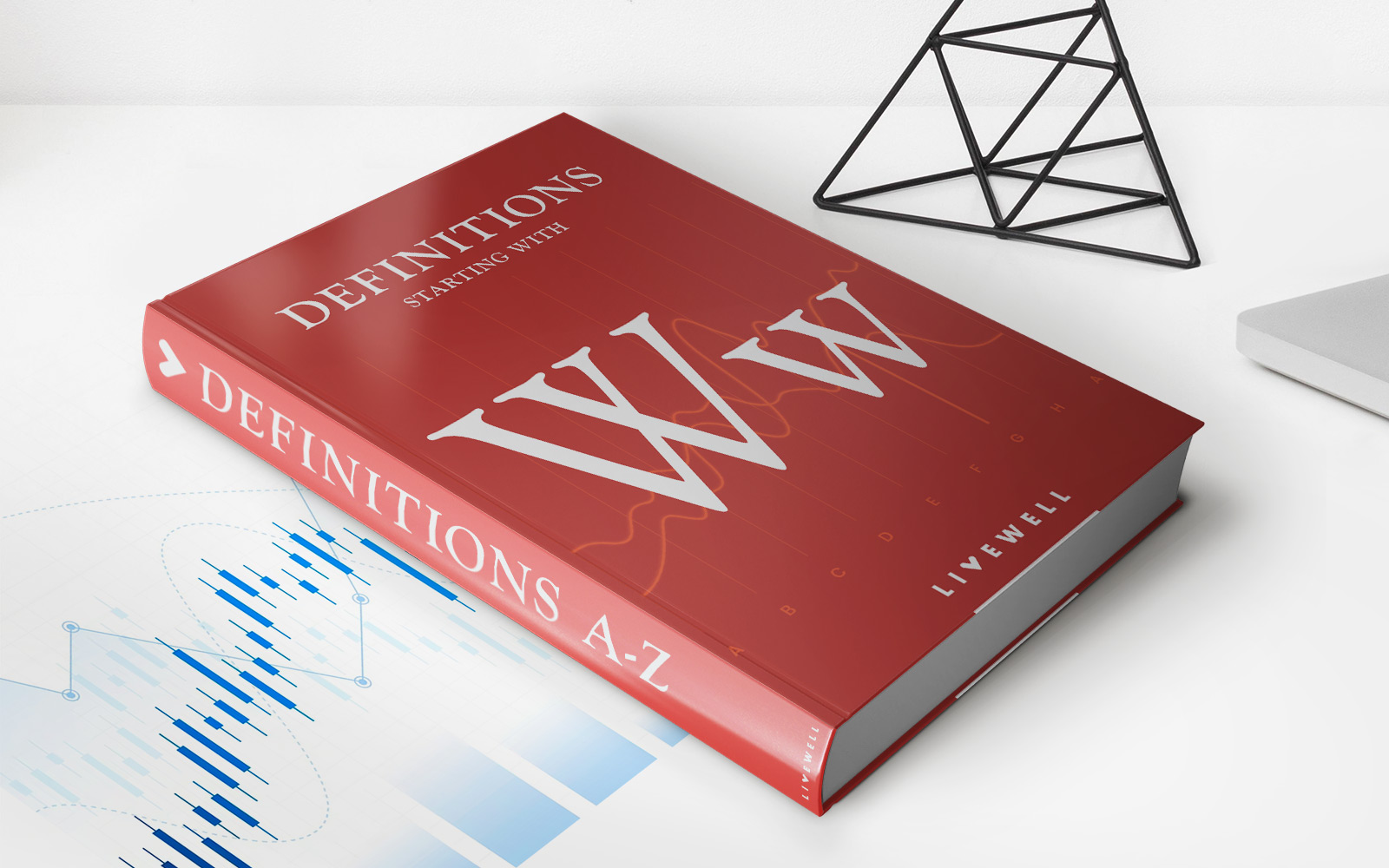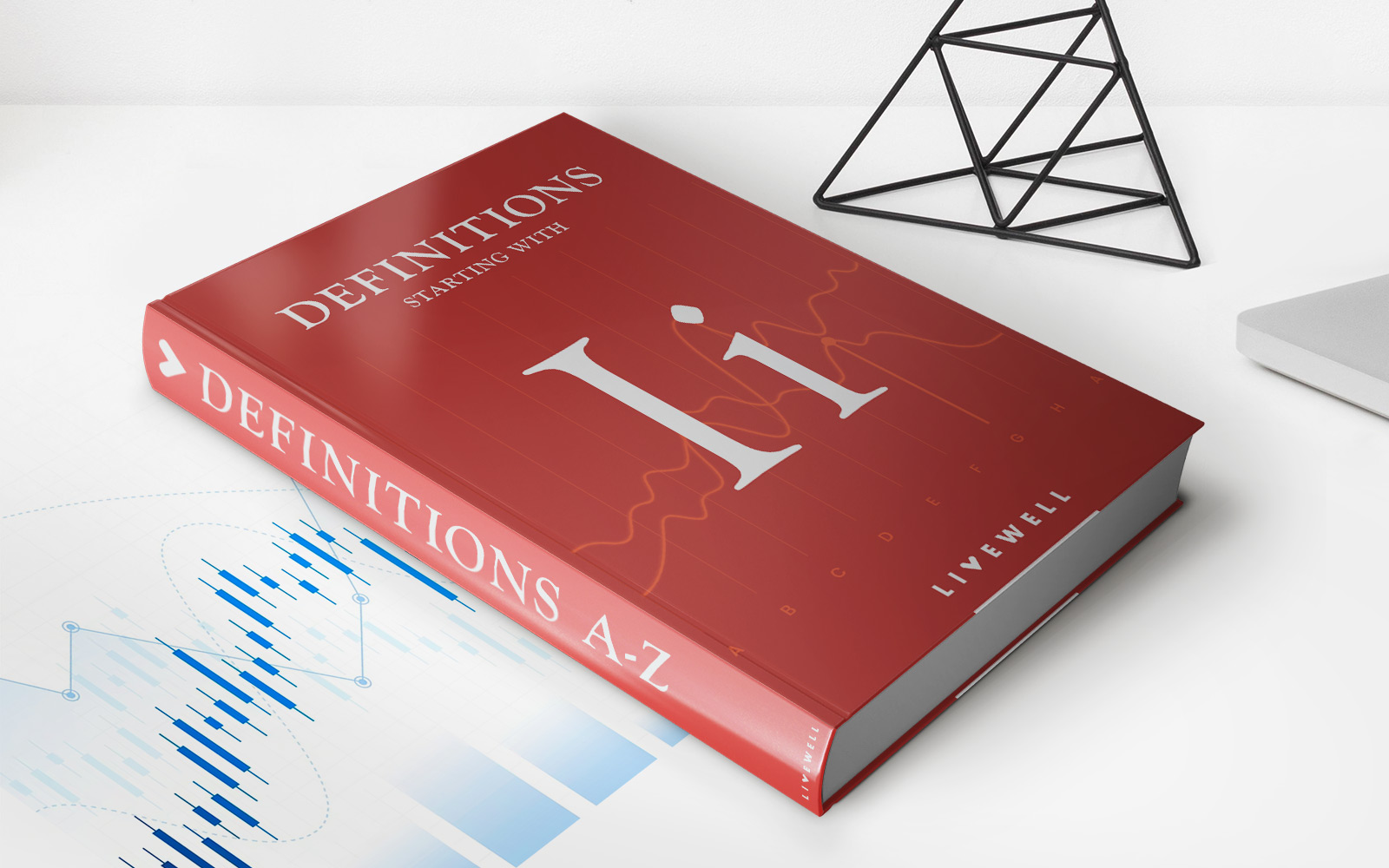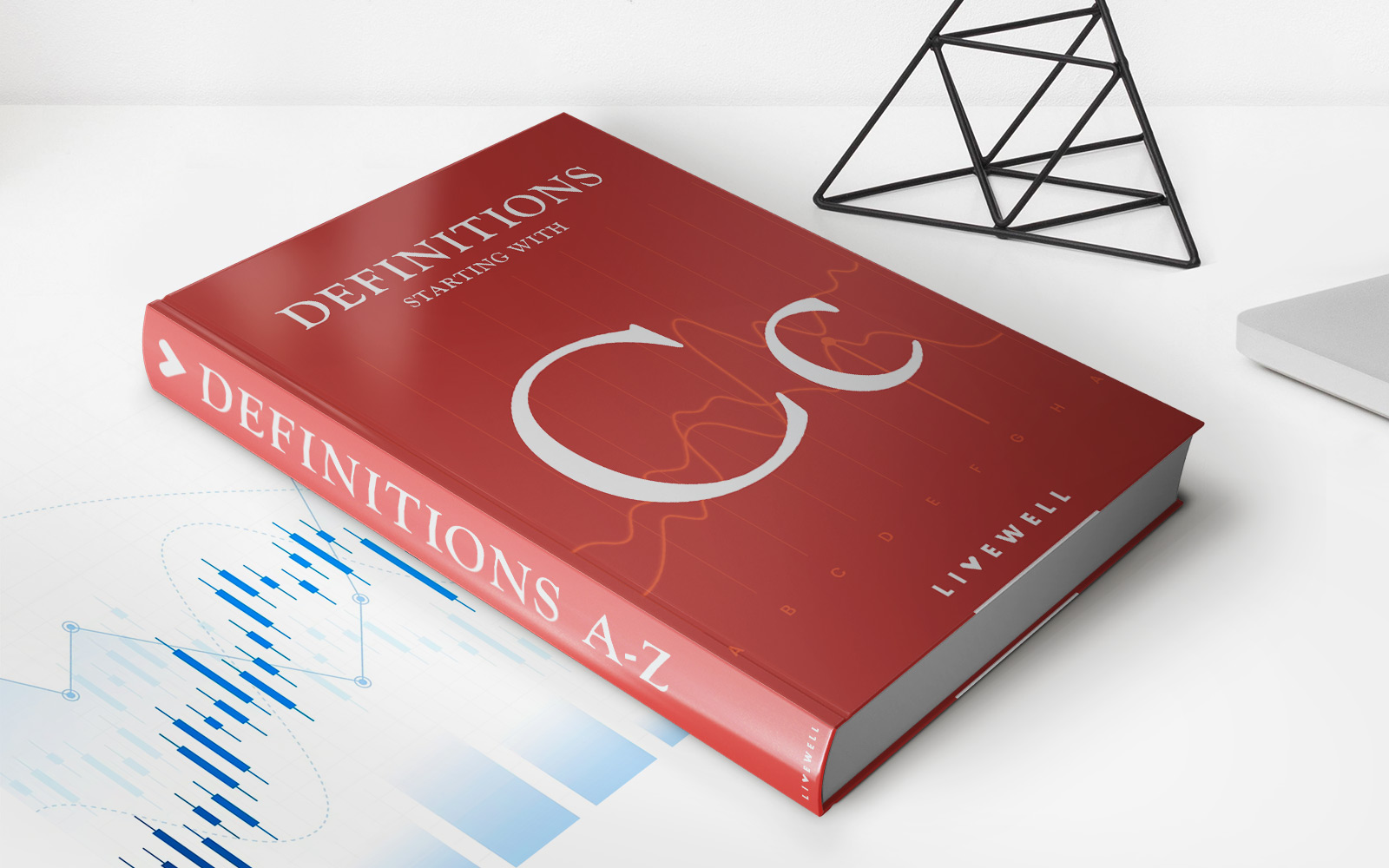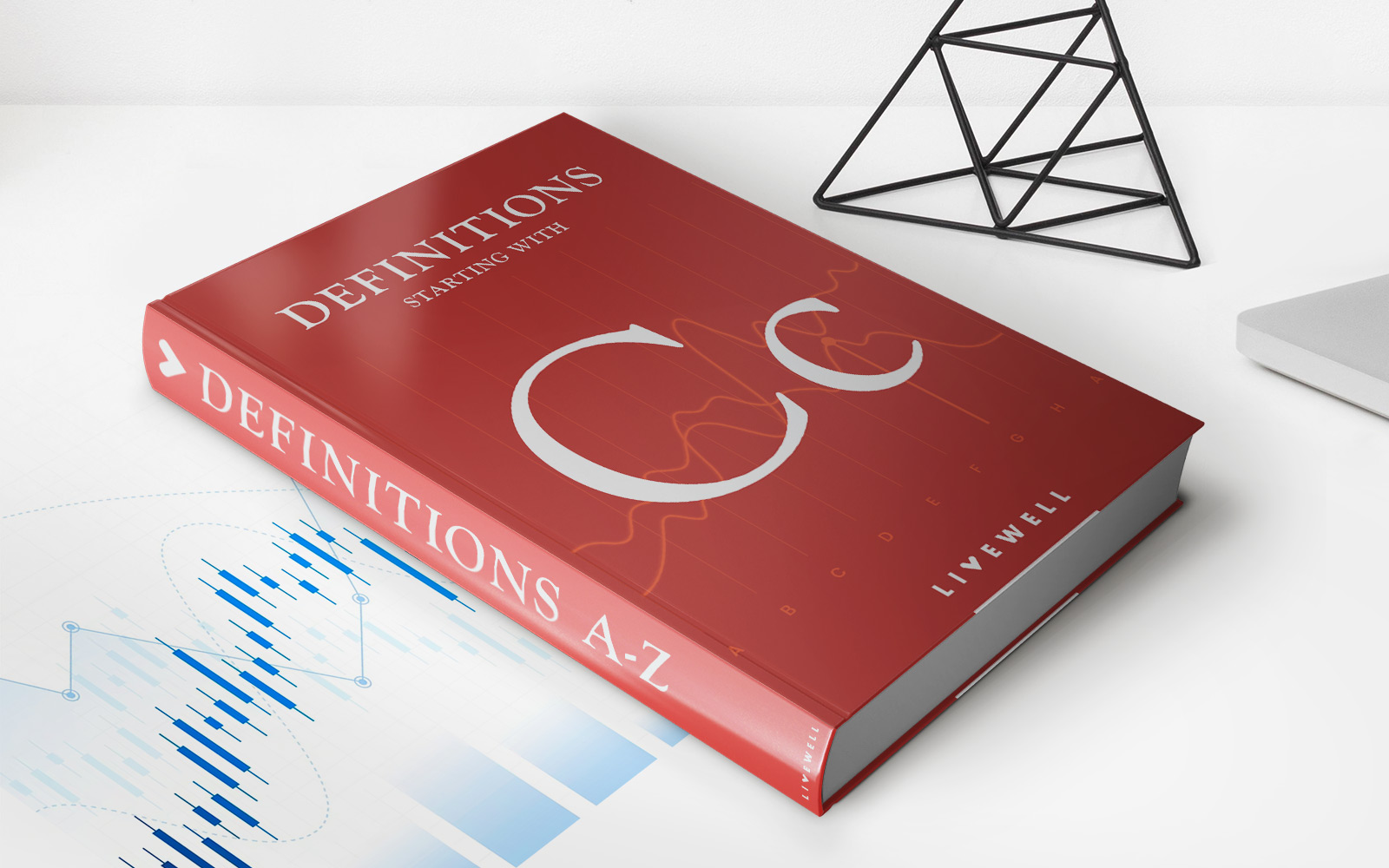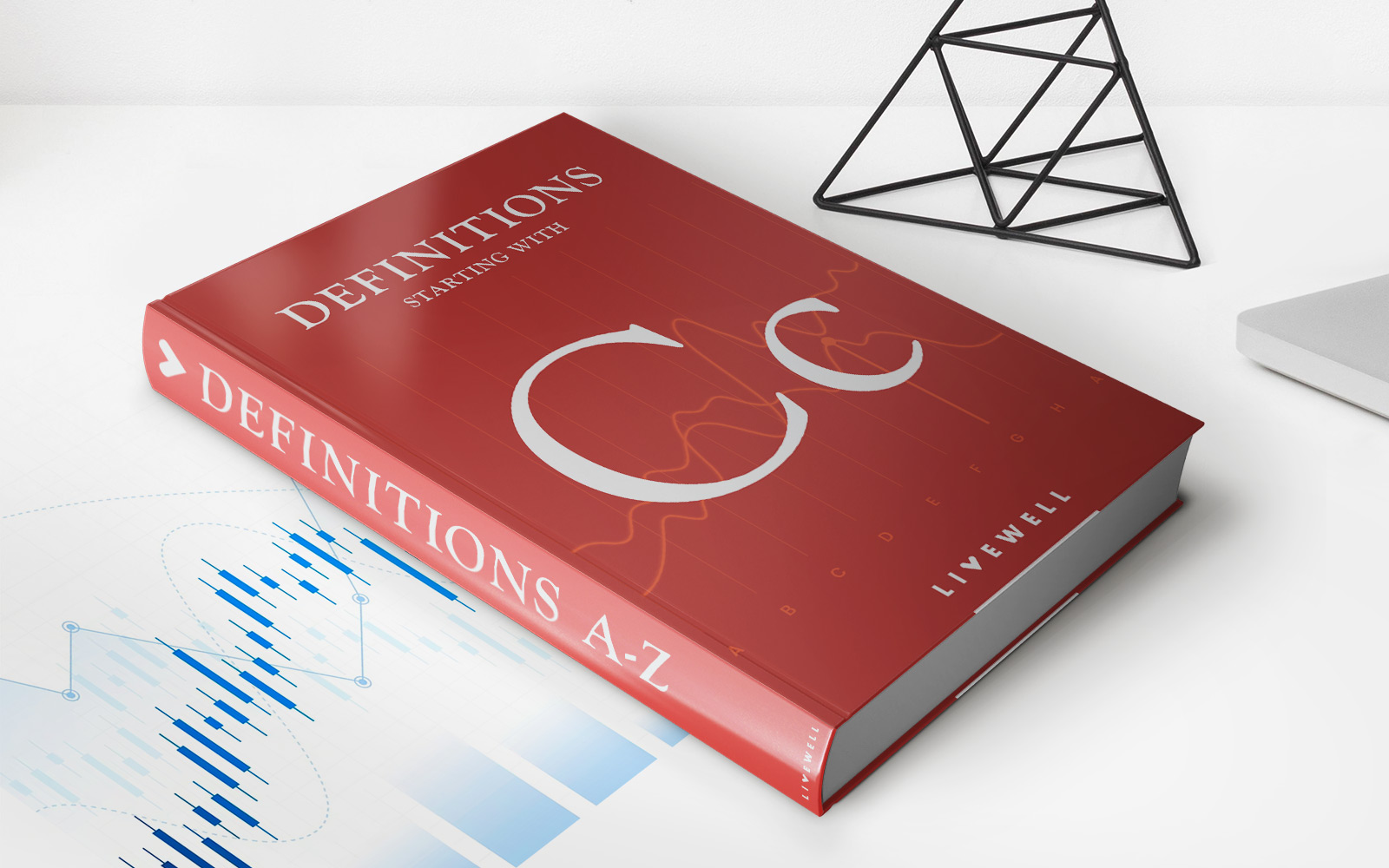

Finance
Centrally Planned Economy Definition
Published: October 25, 2023
Discover the definition of a centrally planned economy and its impact on finance. Gain insights into the pros and cons of this economic system.
(Many of the links in this article redirect to a specific reviewed product. Your purchase of these products through affiliate links helps to generate commission for LiveWell, at no extra cost. Learn more)
The Finance Category: Exploring the Intricacies of a Centrally Planned Economy Definition
Welcome to the Finance category on our page! Today, we delve into the fascinating world of economics and explore the concept of a centrally planned economy. If you’ve ever wondered how this type of economy works, its advantages and disadvantages, and its impact on society, then you’ve come to the right place. In this blog post, we will define what a centrally planned economy is, discuss its key features, and highlight its pros and cons. So, let’s dive in!
Key Takeaways:
- A centrally planned economy is an economic system in which the government controls all aspects of production, distribution, and pricing of goods and services.
- This type of economy aims to allocate resources efficiently and prioritize the common good rather than individual profit.
What is a Centrally Planned Economy?
A centrally planned economy, also known as a command economy or a planned economy, is an economic system in which the government or a central authority controls and manages all aspects of production, distribution, and pricing of goods and services. In this system, the government determines what goods and services are produced, how they are produced, and how they are distributed among the population.
In a centrally planned economy, the government dictates the allocation of resources, sets production targets, and determines the prices of goods and services. The aim of this system is to ensure the equitable distribution of resources, promote social welfare, and eliminate inequalities that may arise from market-driven economies.
Pros and Cons of a Centrally Planned Economy
Like any economic system, a centrally planned economy has its own set of advantages and drawbacks. Let’s take a closer look at both sides:
Advantages:
- Greater control: The government has significant control over the economy, allowing for strategic planning and resource allocation based on societal needs.
- Reduced wealth disparities: By prioritizing equitable distribution, centrally planned economies aim to reduce income and wealth inequalities.
- Stability: Central planning can provide stability during times of economic crises or uncertain market conditions.
Disadvantages:
- Lack of innovation: The absence of market competition may stifle innovation and limit economic growth.
- Inefficient resource allocation: Central planning may lead to inefficiencies in resource allocation, as decisions are made based on a top-down approach rather than market forces.
- Limited consumer choices: With limited autonomy in decision-making, consumers may have fewer choices and variety of goods and services.
It’s important to note that centrally planned economies can vary in their degree of government control, with some leaning more towards market-oriented policies. Examples of countries that have implemented or experimented with centrally planned economies include the former Soviet Union, China during the Maoist era, and North Korea.
In Conclusion
A centrally planned economy is an economic system in which the government controls all aspects of production, distribution, and pricing of goods and services. While this type of economy aims to provide equitable distribution of resources and prioritize societal welfare, it also comes with its limitations and challenges.
Whether you agree or disagree with the concept of a centrally planned economy, learning about different economic systems allows us to better understand how societies function and the complexities of decision-making in finance. Stay tuned for more intriguing discussions on various finance topics in the Finance category on our page!


